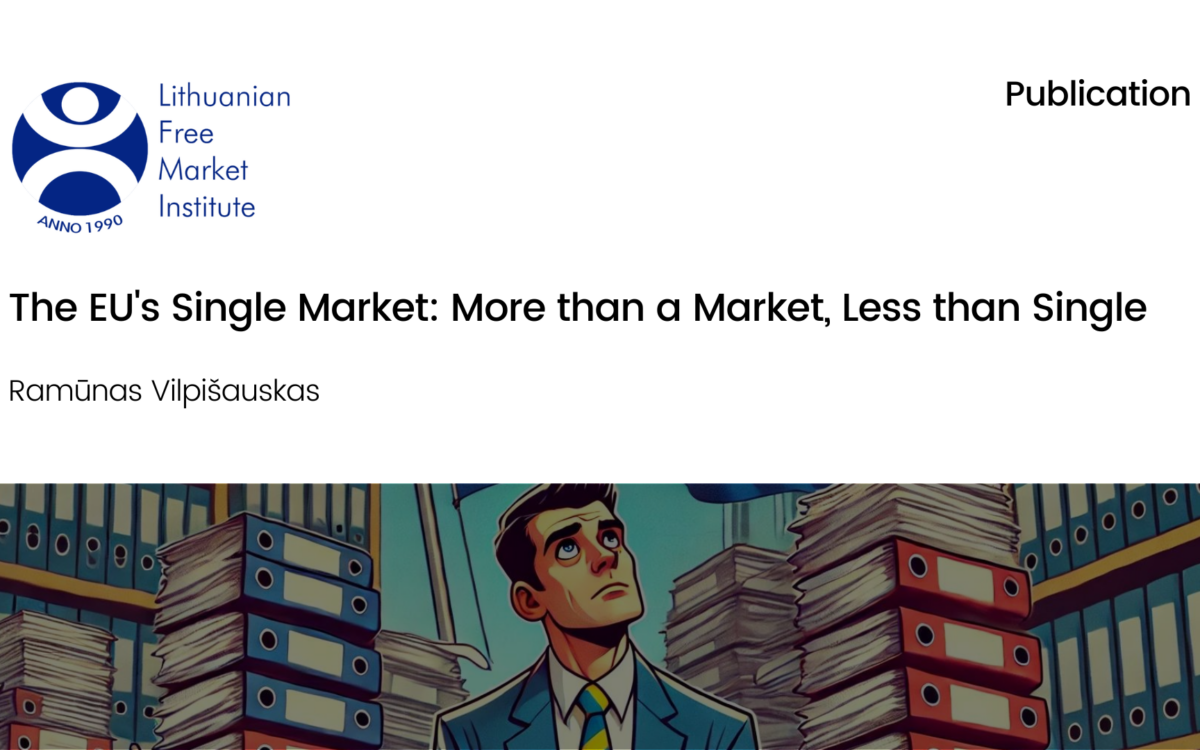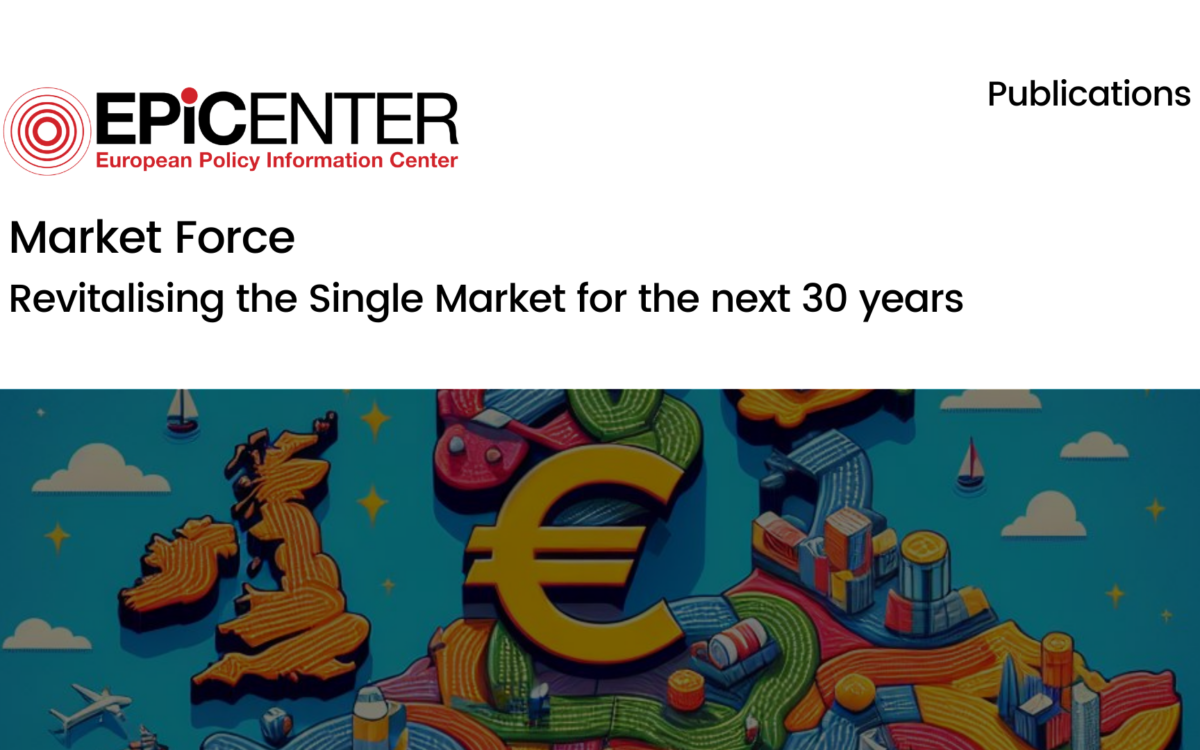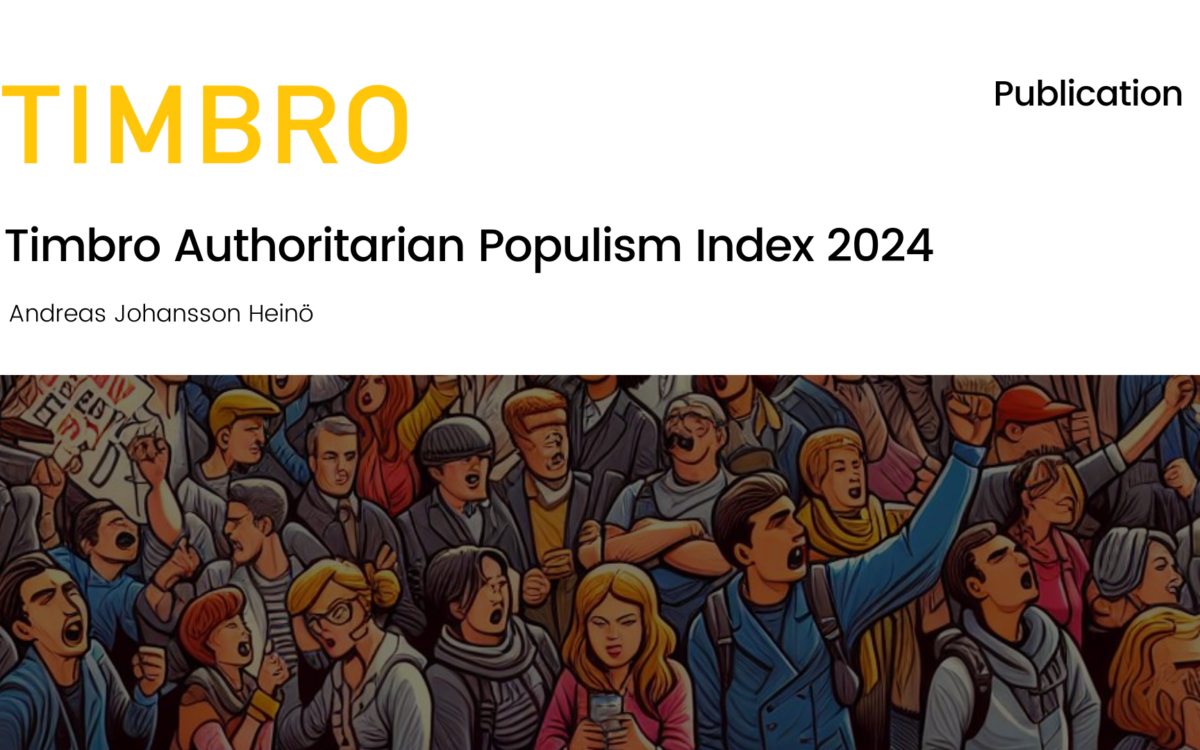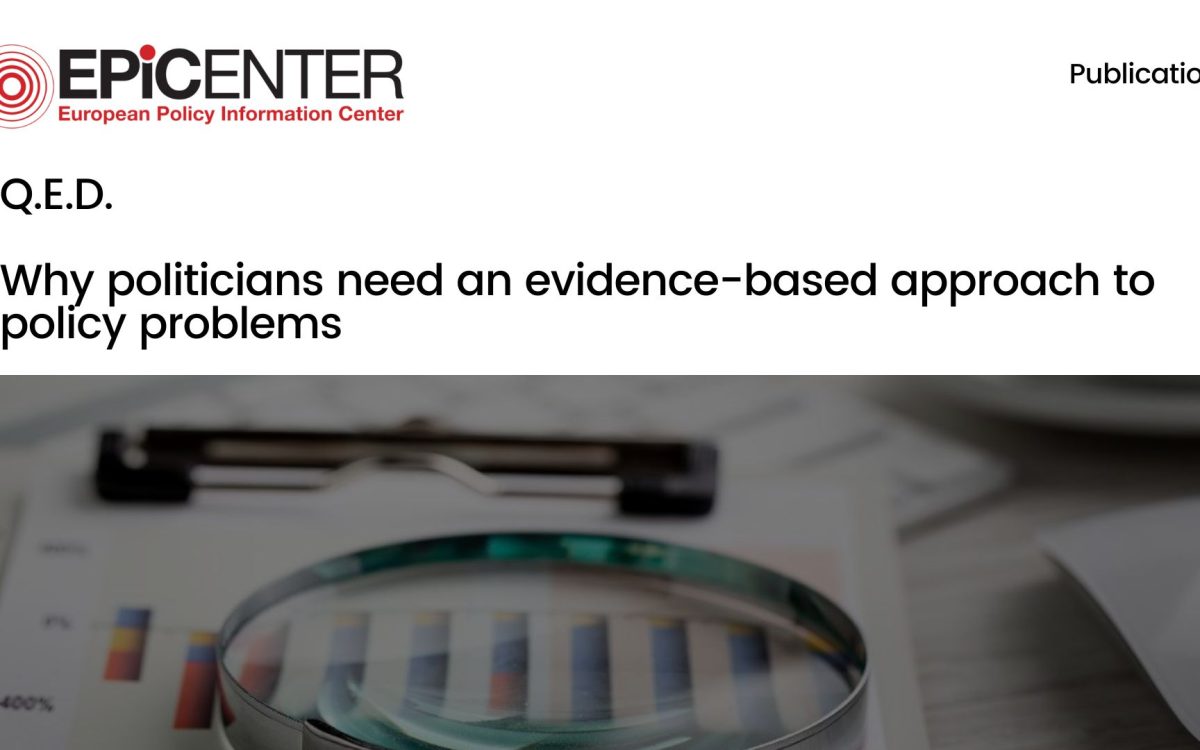Minimum Corporate Income Tax: Implementation Challenges and a Way Forward for the European Union

Minimum Corporate Income Tax: Implementation Challenges and a Way Forward for the European Union
Lithuanian Free Market Institute // 30 May 2024
The new EU Directive aims to establish a global minimum corporate income tax (CIT) of 15 per cent for multinational enterprise groups (MNEs) with more than 750 million euros in revenue is a pivotal point in international taxation toward limiting crossborder competition. Adopted in December 2022 and swiftly implemented a year later, the Directive reflects the European Commission’s (the EC) proactive approach “to put an end to tax practices of MNEs that allow them to shift profits to jurisdictions where they are subject to no or very low taxation, the Organization for Economic Co-operation and Development (OECD) has further developed a set of international tax rules to ensure that MNEs pay a fair share of tax wherever they operate”.
In light of the EC’s call for rapid implementation of the Directive, a critical examination reveals inherent flaws in the adopted minimum CIT model that may undermine the European economy, its competitiveness, and value creation. These concerns relate to the current revenue threshold, ambiguity over the use of preferential CIT regimes, and legal uncertainty surrounding a rushed transposition of the Directive by some Member States and late implementation by others.
The corporate income tax is known to have serious adverse effects on economic growth and wellbeing, which makes its harmonisation undesirable. The complexities and flaws implicit in the minimum CIT regime preclude its rapid and smooth implementation. These concerns relate to the current revenue threshold, ambiguity over the use of existing preferential CIT regimes, and legal uncertainty surrounding a rushed transposition of the Directive by some Member States and late implementation by others.
Download or share this publication
View the PDF
EPICENTER publications and contributions from our member think tanks are designed to promote the discussion of economic issues and the role of markets in solving economic and social problems. As with all EPICENTER publications, the views expressed here are those of the author and not EPICENTER or its member think tanks (which have no corporate view).



